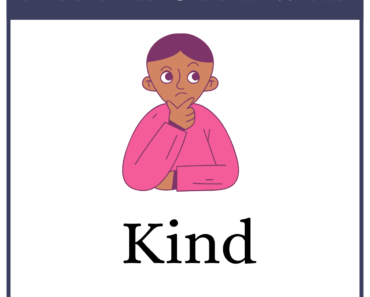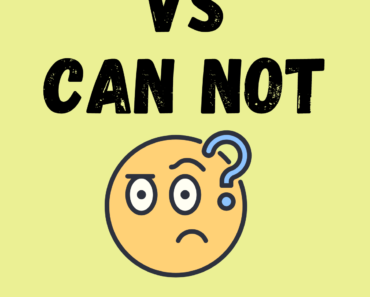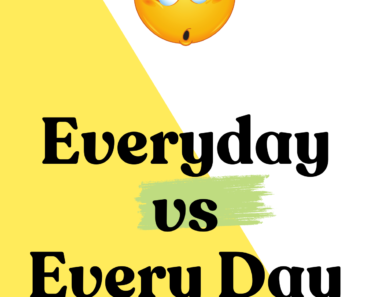“As Long As” and “Provided That” are both conditional phrases used to set limitations or conditions on statements. However, they differ in nuance and formality.
“As Long As” implies a condition that will last for a period of time and often suggests an inherent limit on an action or state. It’s commonly used in informal and conversational contexts.
“Provided That” carries a stricter tone and implies a specific, explicit condition that must be met before an action occurs. It’s frequently used in legal or formal contexts, emphasizing rules and constraints more directly than “As Long As.”
As Long As
Definition: “As Long As” is a conditional phrase used to indicate that something will happen, be true, or continue to be the case for as long as a specified condition is met.
Usage:
- Duration: It emphasizes a period during which a condition applies.
- Example: “You can borrow my car as long as you return it by tomorrow.”
- Condition: It sets a requirement that must be fulfilled for the main statement to hold true.
- Example: “We can go hiking as long as it doesn’t rain.”
- Consequence: Indicates the continuation or cessation of a particular situation.
- Example: “He will succeed in the project as long as he stays focused.”
Provided That
Definition: “Provided That” introduces a specific condition that must be satisfied before the main statement becomes true.
Usage:
- Legal/Contractual Context: It explicitly specifies a prerequisite in legal or formal documents.
- Example: “The contract will be signed provided that both parties agree to the terms.”
- Requirement: Indicates a strict requirement that must be met.
- Example: “The project will move forward provided that we receive sufficient funding.”
- Alternative Conditions: Sets a clear condition while suggesting alternative possibilities.
- Example: “Attendance is mandatory, provided that exemptions can be made for emergencies.”







